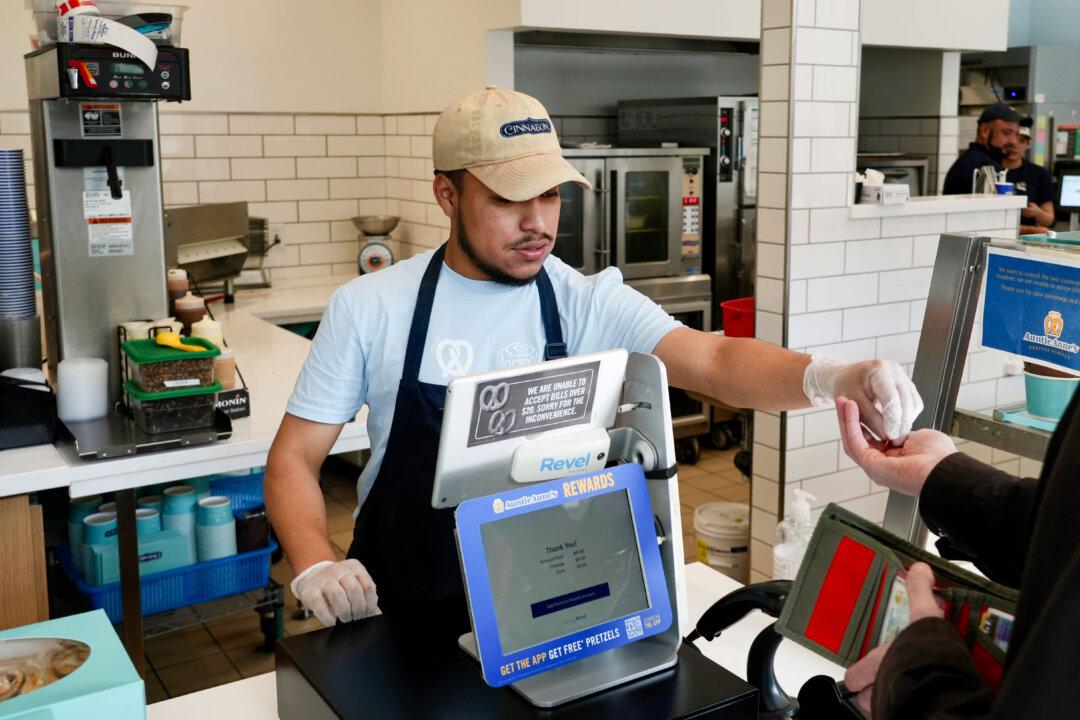In its most recent survey in 2019, the U.S. Census Bureau reported that 44.1 million people were renting their homes. These statistics, coming five years before the current housing inventory shortage of 2024, raise the question: Where will the next wave of rental homes come from?
The short answer could be “house hackers.”





